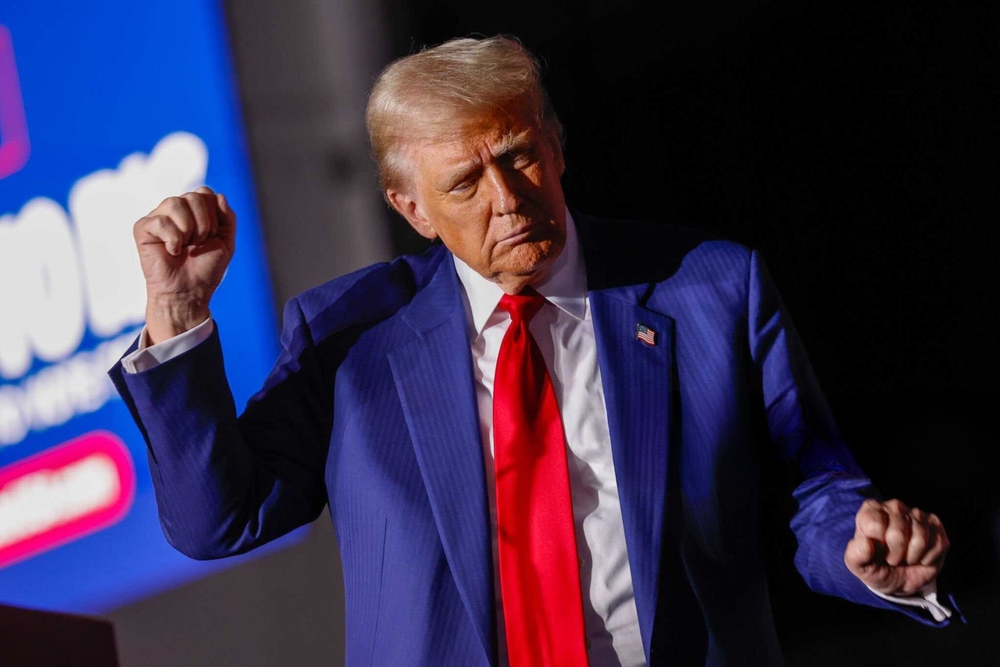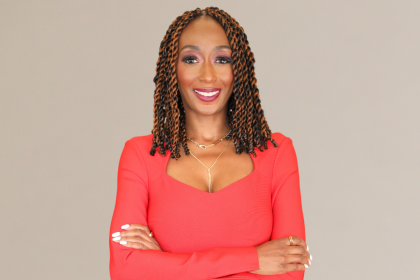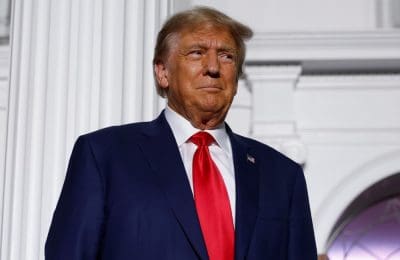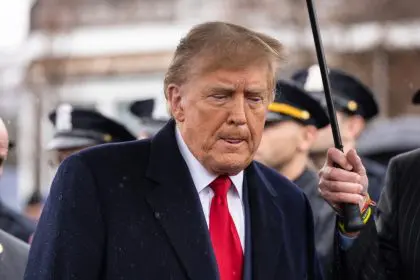Rep. Byron Donalds (R-FL) raised eyebrows during a Jan. 19 Fox News appearance when he expressed enthusiastic support for President Donald Trump’s return to office. Donalds’ remarks — namely calling him “daddy” — highlighted complex dynamics within contemporary politics, particularly regarding representation and policy priorities.
A deeper look at political allegiance
Donalds endorsed Trump’s proposed immigration policies and border control measures with notable enthusiasm. His comments aligned with previous statements from other political figures who have shown strong attachment to the president’s leadership style.
The congressman’s choice of words carried historical weight, particularly given America’s complex racial history, stated Candace McDuffie at The Root. This dynamic becomes more significant when considering Trump’s documented statements about various Black and Brown communities and his administration’s policy positions affecting those communities.
Policy implications and community impact
The endorsement raises questions about potential policy consequences. Trump’s proposed agenda includes significant changes to educational access, criminal justice reform and civil rights protections. These policies could substantially impact underresourced communities like some Black and Brown ones.
Donalds previously made waves by offering controversial interpretations of segregation policies, suggesting they strengthened family structures. This perspective conflicts with documented historical experiences and generational trauma that continue to influence community discussions today.
Political strategy versus community needs
While Donalds participates in community events addressing economic mobility, safety concerns and policy critiques, his alignment with certain political positions has generated skepticism. His support appears unrequited, as he hasn’t received significant recognition within Trump’s political sphere despite consistent loyalty.
Moving forward
The situation exemplifies broader questions about political representation and accountability. As communities navigate changing political landscapes, debates continue about effective advocacy and leadership in addressing persistent societal challenges.
The congressman’s stance highlights ongoing tensions between party loyalty and community advocacy. His approach to bridging political divides has instead spotlighted fundamental disagreements about progress and representation in modern American politics.
These developments occur against a backdrop of increasing political engagement among Black professionals and growing discussions about economic equity, educational opportunities and systemic reform. The community’s response suggests a sophisticated understanding of political dynamics and their real-world implications.
















